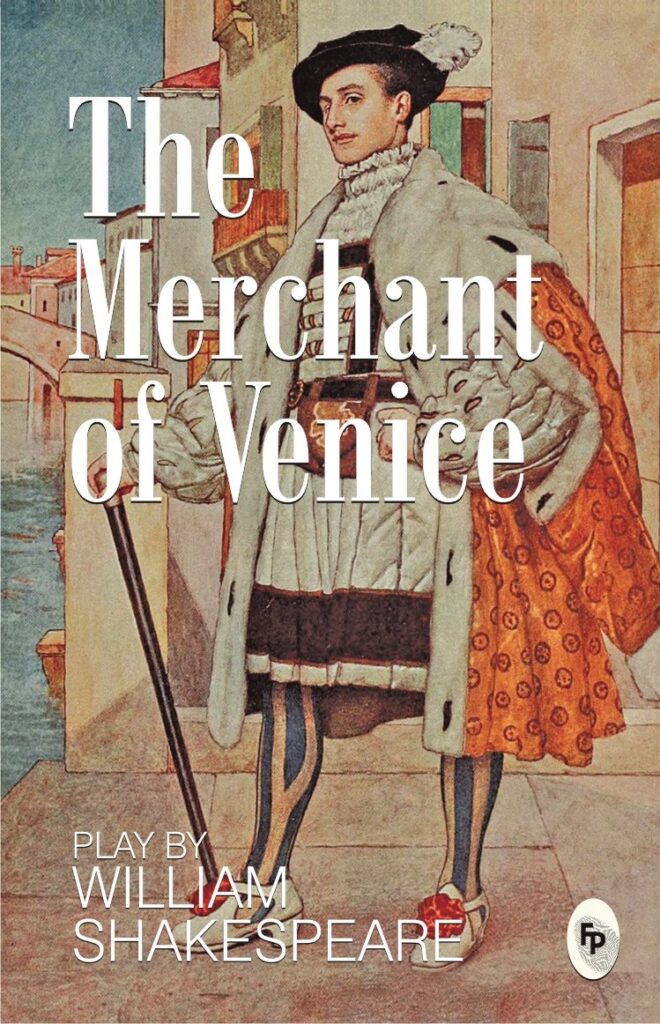The Merchant of Venice was written by an eminent Elizabethan composer, William Shakespeare, between 1596 and 1598, which is a comedy that explores the themes of love, money, prejudice, and social injustice. The play is classified as a comedy because it shares the basic fundamentals of every Shakespeare comedy. William Shakespeare is famous for being one of the greatest English writers in history. He was a playwright, poet, and actor who lived in the late 16th and early 17th centuries.
While Shakespeare was much appreciated in modern times as a literary genius, he received no such compliments during his lifetime. A young man from Venice, Bassano, needs a loan of three thousand dollars to be able to supplement Portia, a wealthy Vietnamese scholar. He gets to his friend Antonio, who is a salesman. Antonio is short of money because all his wealth stored in his ships, currently at sea. He goes to a leading man, a Shylock, who hates Antonio for Antonio’s behavior against him.
Schlock however agrees to make a short-term loan, but, in a dark moment, he makes a situation – the loan repaid within three months or Schlock will pay a pound of meat to Antonio. Antonio agrees, confident that his ships will return in time. In light of Portia’s father’s wishes, all suitors have to choose between three tapes, one of which contains his own image. If he decides that he can marry Portia, but otherwise he has to swear that he will not marry or appear in court with another woman.

The Moroccan and Aragon principles fail to be tested and rejected. Bassano selects a lead box, which contains a photo of him, and Portia agrees to marry him immediately. At that time, Antonio’s two ships are still broken and Antonio’s debtors are forcing him to repay the loan. Word arrives in Bassano in the form of Antonio, and he hurries back to Venice, leaving Portia behind. Portia follows her, accompanied by her maid, Neisse. They are hiding as a male lawyer and his secretary. By the time Bassano arrives Shylock’s payday is over and Shylock wants his pound of meat.
Even though Bassano contributes more than the refund, Schlock, who is now angry about the loss of his daughter, determined to take revenge on Christians. The Duke refuses to intervene. Portia arrives in her hideout to protect Antonio. Given the judicial power of the Duke, Portia decides that Shylock can have a pound of flesh as long as he can draw blood, as it is against the law to shed Christian blood. As it turns out that drawing a pound of meat can kill Antonio, Schlock is denied his suit.
In addition, by conspiring to kill a Venetian, Portia orders that she has to give up all her wealth. Half should go to Venice, and a half to Antonio. Antonio returns his part to Shylock on the condition that Schlock adorns it to his daughter, Jessica. Shylock must also convert to Christianity. Broken Schlock accepts. News arrives that Antonio’s remaining ships have returned safely. With the exception of Shylock, they all celebrate a happy ending to those romances.
Merchant of Venice, one of the books I had to put up with while doing my English Literature GCSE. I already tired of Shakespeare, after doing Much Ado about Nothing for Year 9. Of course the word “hang on” makes it sound like a sad experience. I think when I was forced to read and write in it, instead of just reading it and being able to interpret it in my mind was difficult and frustrating. Now, I can look at this book and love it personally.












